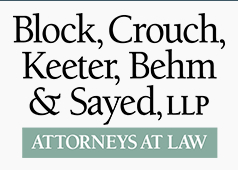Social Security Benefits and Family Law
Obtain your social security earnings report.
Social security benefits may also be available to you based on a former spouse’s social security earnings record. The rules are complex, so you should confer with a social security representative to discuss how the rules apply to your situation. Generally, to qualify for social security payments under an ex-spouse’s record, you must have been married to that spouse for at least 10 years, and be divorced from that spouse for at least two years; currently unmarried and at least age 62; your ex-spouse must be entitled to Social Security retirement or disability benefits; and the benefit you are entitled to receive based on your own work record must be less than one-half of your ex-spouse’s benefit. If you start receiving benefits at your full retirement age, your benefit as a divorced spouse is equal to one-half of your ex-spouse’s full retirement amount or disability benefit (less your payment on your record). If your benefit is more than the amount you could receive on your ex-spouse’s record, then the maximum you can receive is your benefit amount. Social security will pay the retirement benefit due on your earnings record first, plus an additional amount on your ex-spouse’s record so that the combination of benefits equals no more than half of your ex-spouse’s payment (or you should claim only your own payment if your own payment is at least equal to half your ex-spouse’s payment). If you remarry and then your marriage to that spouse ends by death, divorce or annulment, you may be eligible to seek benefits from any spouse to whom you were married for at least 10 years. If you receive a payment based on your ex-spouse’s social security record, it will not reduce the amount your spouse receives on his/her earnings record.
You may also be eligible for social security benefits if you are the divorced spouse of a worker who dies after you were married at least 10 years. View the social security website for current information.
